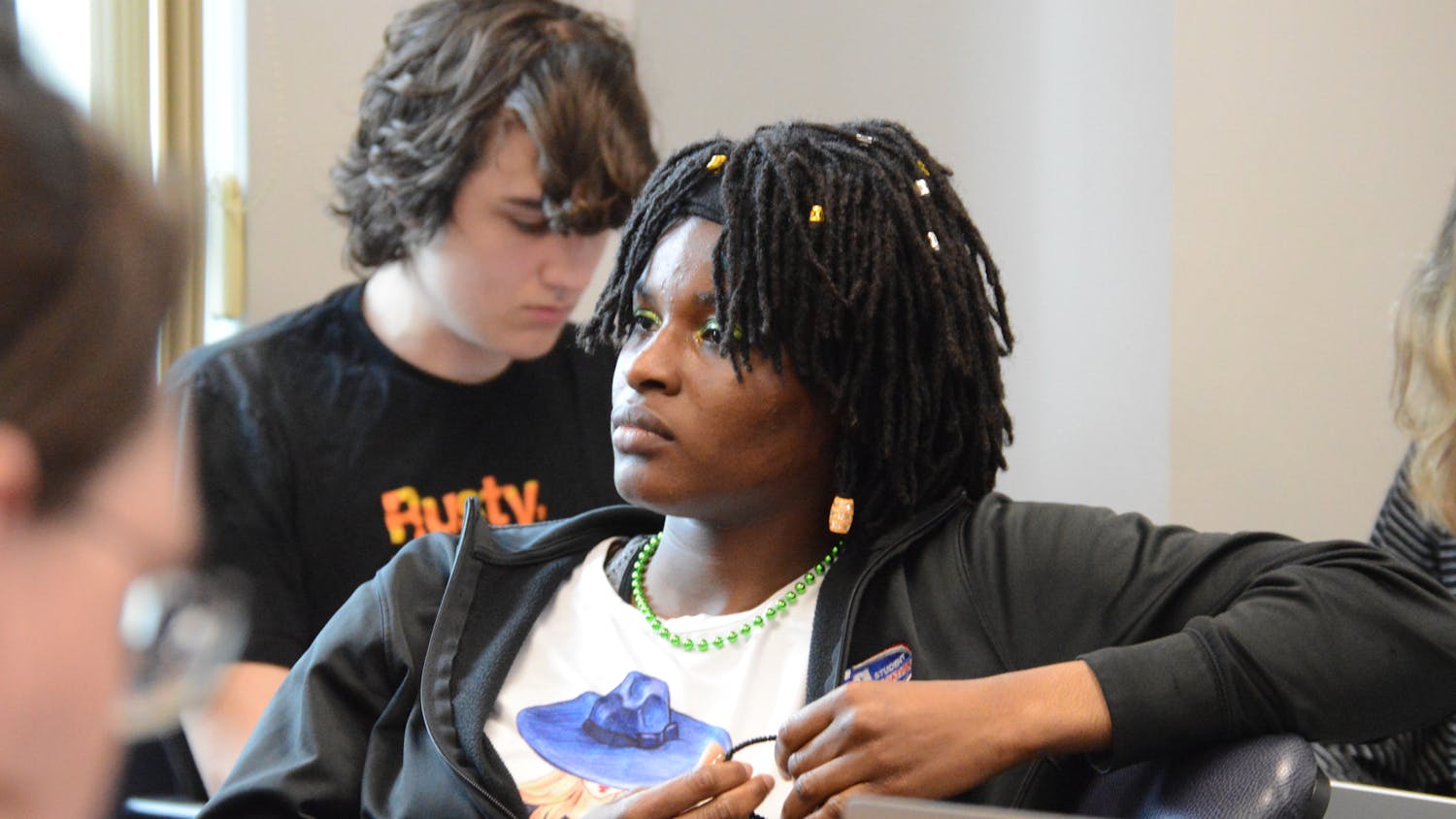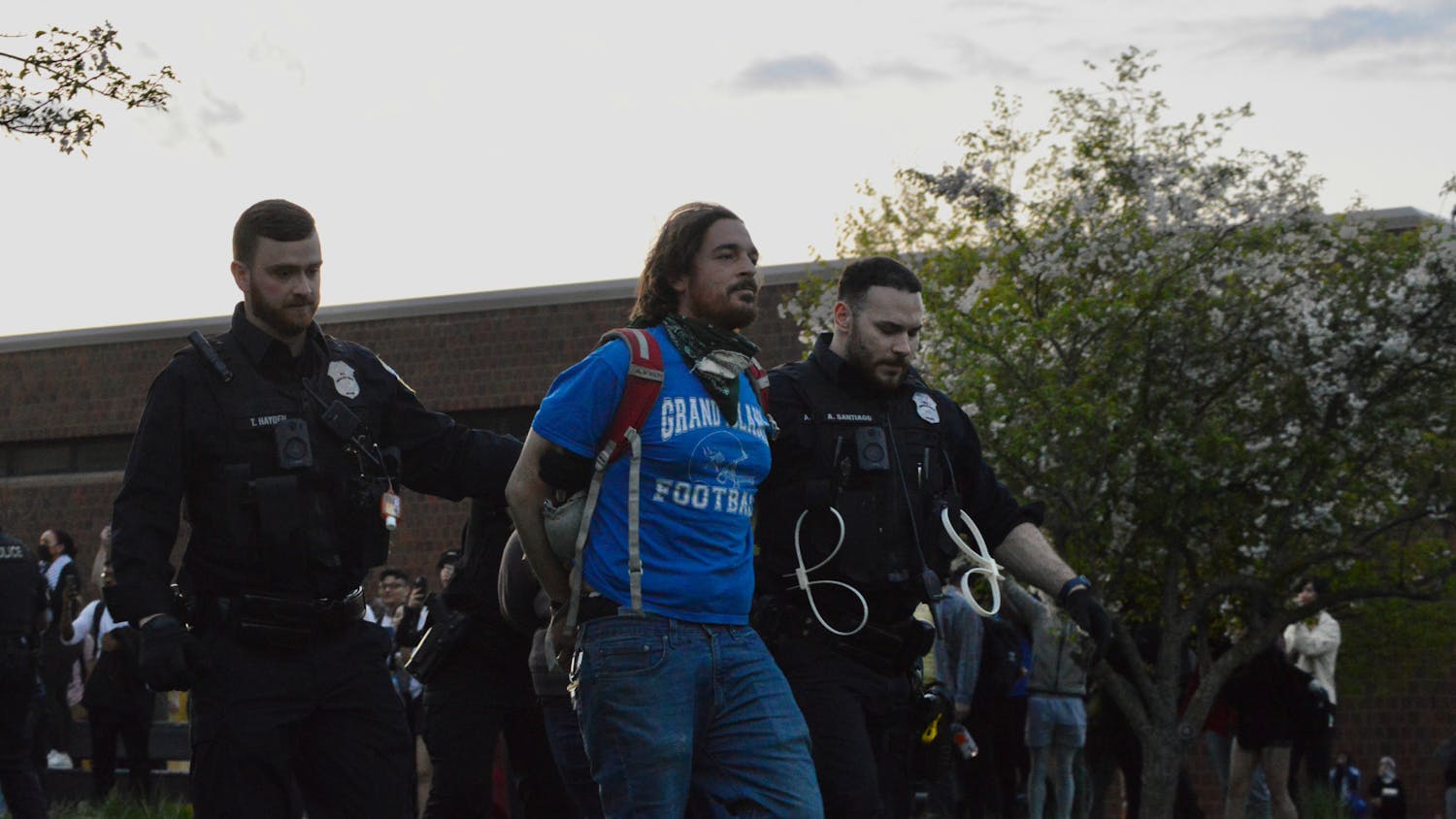Oscar Wilde's "De Profundis" is widely regarded as one of the Irish writer's best works and was written while he was in prison serving time as a sodomist. The work is full of rage and poetry as Wilde rails against the conditions that have put him in prison, as well as at his unfaithful lover Lord Alfred Douglas, all the while thanking those friends who had stayed by his side during his trial and subsequent infamy.
Another work that comes to mind is a painting in the British Tate Modern gallery. Though I cannot remember the name of the author, apparently censors originally deemed the work inappropriate for public display. Instead of backing down and not showing the piece, or changing it so that it would be acceptable, the artist put a piece of material over the work at the exhibition. The covering had the word "CENSORED" written across it and was even more effective than the artist's original intention might have been.
Some of the best examples of art made within limitations come from Hollywood and the music industry. Trent Reznor's May 1994 explicit video for the equally disturbing "Closer" was censored in order to make it on the MTV airways. Rather than simply omit the scenes in questions, the video featured powerful black, blank screens bearing the words "scene cut." By adding the aspect of censorship into the video art itself, Reznor and video director Mark Romanek invoked the enticing element of viewer curiosity.
Hollywood under the production code was responsible for entire genres that took advantage of not being able to say what they really meant, developing instead a tendency for double entendre. Famous interchanges like the one in "Double Indemnity" (1944, Billy Wilder), where hero Walter (Fred MacMurray) engages in verbal sparring along with Phyllis (Barbra Stanwyck) "disguise" references to sex as a conversation about hypothetical speeding tickets. Nobody was fooled by the clever exchanges, but since they didn't explicitly refer to sex or infidelity, Hollywood's censors had to let them slide.
Finally, "Slaughterhouse Five," Kurt Vonnegut's famous tale about a soldier unstuck in time, is on almost every banned book list a person can find.
A name among these you may not have heard of - yet - is Gabe Hudson.
Hudson's latest book, while winning critical praise, has won something else for its author as well - government surveillance. President George W. Bush denounced "Dear Mr. President" as "unpatriotic" and "ridiculous" after its author sent Dubya a copy of the short story collection. Because of its content, Hudson has now found his Web site being monitored by the FBI, and "conspicuously suited FBI agents" have attended his readings.
Additionally, Hudson's Web site makes a point of stating that "Several high-profile journalists as well as one well-known attorney are aware of the current circumstances, so that should Gabe suddenly be 'detained' or disappear, immediate and very public action will follow."
Upon reading of this situation, my first reaction was righteous artistic indignation and outrage. How dare a politician think himself able to define through intimidation what a writer may or may not express? More than that, the notion that those who were interested in Hudson's work and the controversy that now surrounds it would be monitored simply for pursuing information to a rather obvious (and harmless) source contributed to the idea that this was merely one more chance for Alphabet-Soup-Spooks to invade the privacy of American citizens even more.
But as evidenced by the examples above, some of the most inviting works of art I've seen have been spurred on by supposed restrictions and limitations on the parts of their authors.
What is disturbing, then, about Gabe Hudson's current situation is that the executive branch of the government should not be making decisions about what is and isn't appropriate to be seen by the American public. Nor should Bush be assigning government officials to monitor public appearances by a former Marine Reservist whose only crime seems to be telling a story in a manner Bush doesn't approve of.
The monitoring of Hudson's Web site, and the visitors to it, is an invasion of privacy. Monitoring Hudson's public appearances is clearly an attempt at intimidation.
The ironic part of the events surrounding "Dear Mr. President" is that they are taking place not in Iraq or China, but in the United States - a country that has amendments guaranteeing both freedom of speech and privacy.
While the level of freedom of personal expression (or perhaps just the number of people who truly make use of it) is in my opinion lower here than in many European countries, we criticize countries all over the world for ignoring the rights of their citizens. It seems incredibly hypocritical that Bush is willing to fight for the rights of those abroad (whether obviously or as a cover for his pursuit of bin Laden or Saddam Hussein) while at the same time trying to squelch, through direct intimation, those of the citizens he was elected to serve.
For those of you interested, Hudson's Web site is http://www.gabehudson.com, and his novel can be found in bookstores and libraries (including the Audubon branch, just around the corner from the North Campus) around Amherst.





